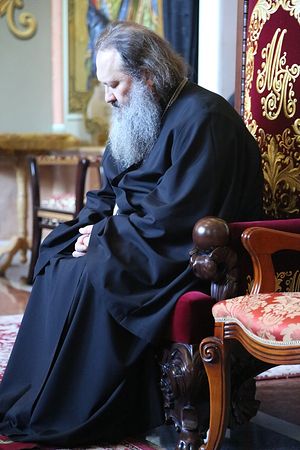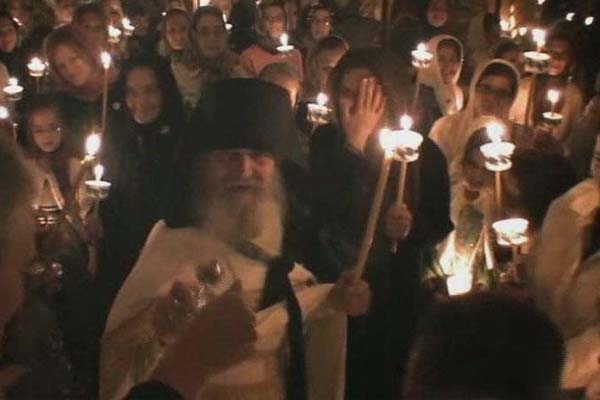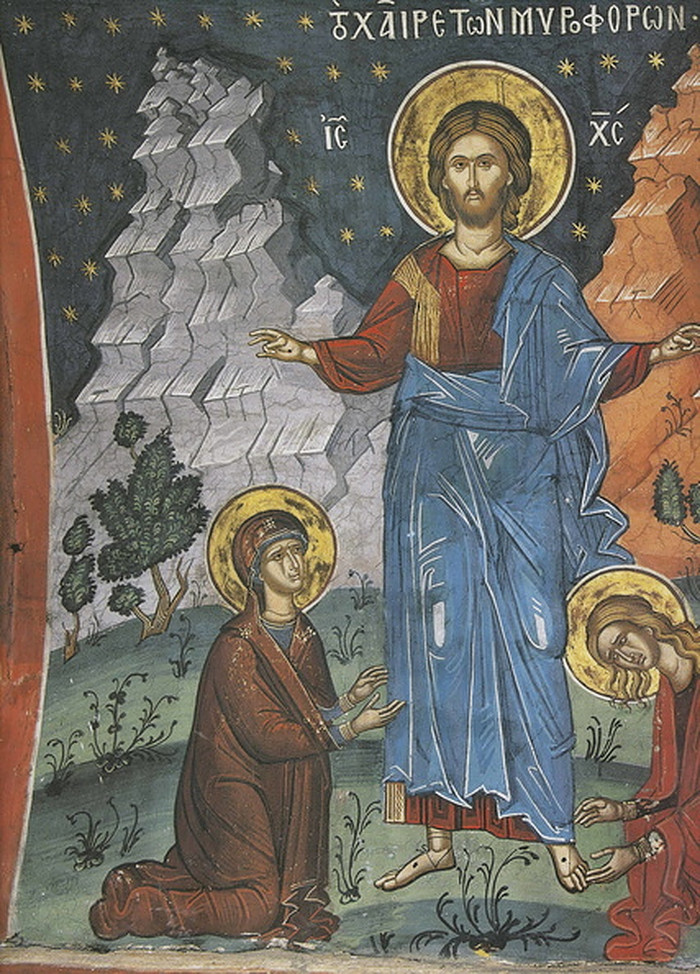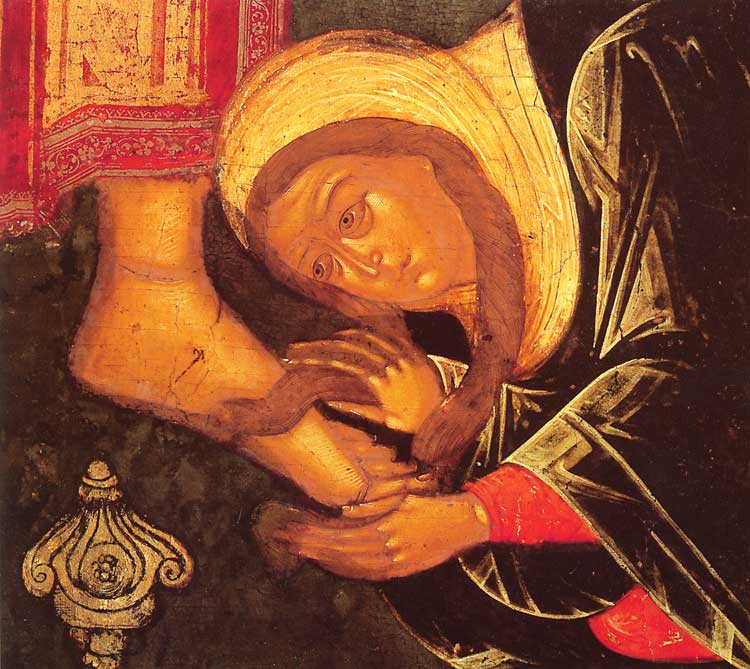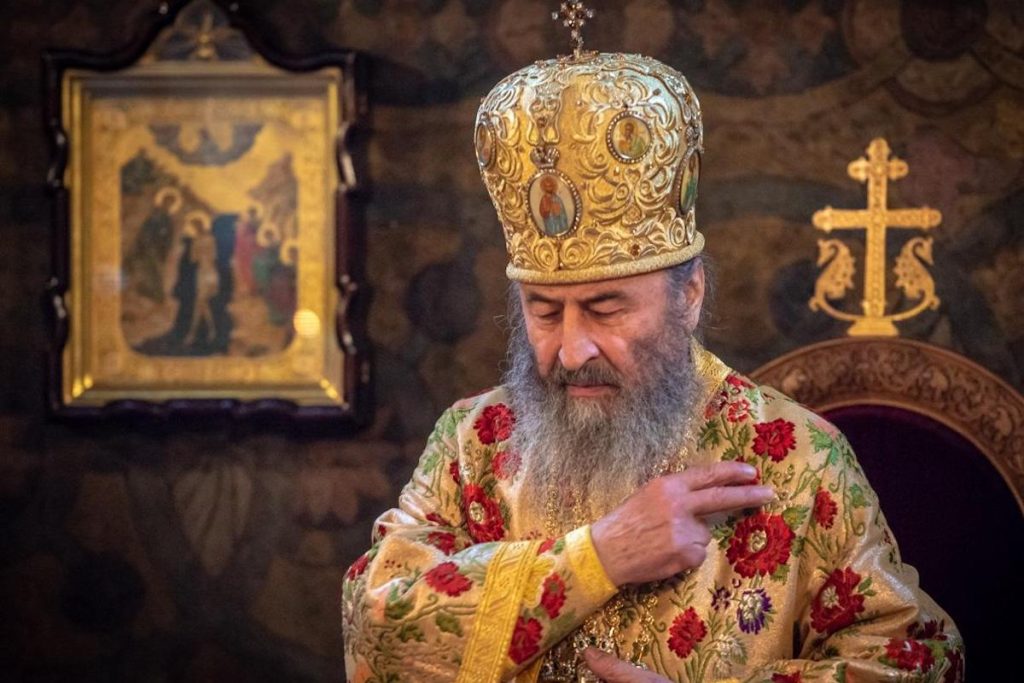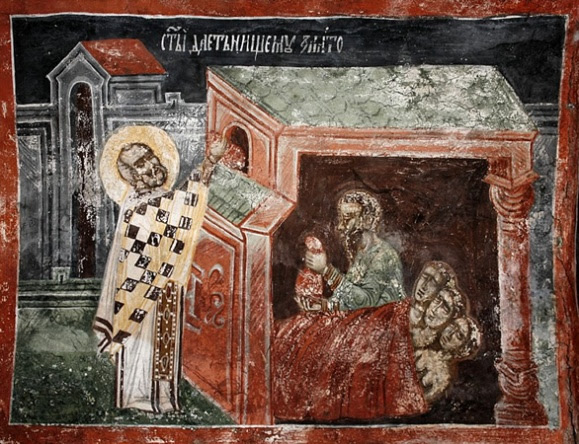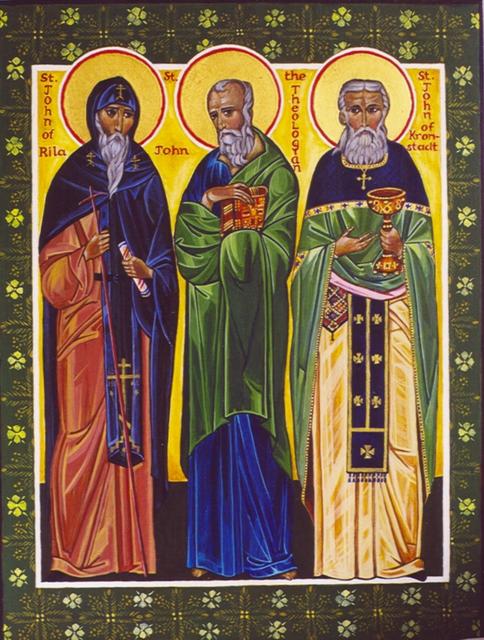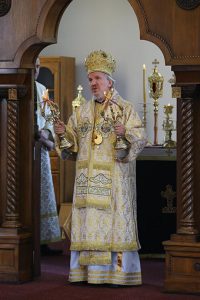For a child, there’s no such thing as bad parents, and for parents—bad children. Our father and mother had nine of us, but the Lord took one of us away from this life during infancy. We had a Christian upbringing and had a very religious mother and grandmother on my mother’s side. However, our father was a Protestant. Although we were born in such a family, all of us were baptized in the Orthodox Church eight days after our birth. Our father never forbade us to go to church, although he himself only prayed the “Our Father” and never made the sign of the cross. He was strict in our upbringing and always said, “One that’s been caned is worth two that haven’t”. We would also remember the following words that he used to say: “I’d rather endure pain once than be ashamed of my children for the rest of my life.”
When I was about sixteen or seventeen years old and was in high school, then, out of interest, I visited some Protestant congregations a few times. I wanted to understand their perception of the faith, what kind of spiritual state they were in, and what they do during their so-called services. But there I saw the absurdity and emptiness of these people. Truly: This people draweth nigh unto me with their mouth, and honoureth me with their lips; but their heart is far from me (Mt. 15:8). If a person pulls out the bricks holding together his house, it will surely fall. The same happens when people abolish the dogmas of the Church, the structure of the services, the Holy Tradition of the Church and the Apostles.
Continue reading
